News
Brazil selects Visa, Microsoft & Santander for Drex (CBDC) Pilot Phase 2
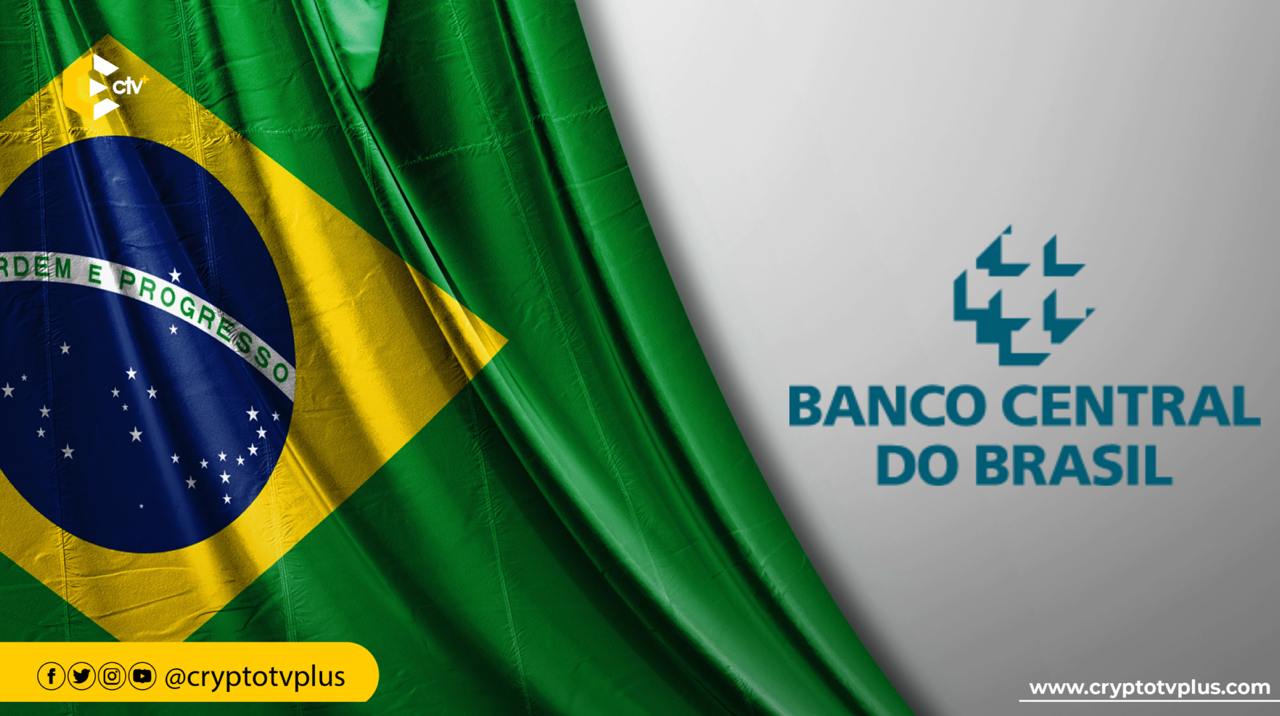
The Central Bank of Brazil has picked Visa, Microsoft, and Santander to take part in the second stage of its digital currency project “Digital Real”.
The goal of this project is to test how digital currency can be used for settling government bonds, with special attention to privacy, and how it can be programmed for different uses.
The Drex Pilot is the Central Bank of Brazil’s initiative to test its central bank digital currency (CBDC), called the Drex. This program aims to develop a digital version of Brazil’s national currency, the real.
The pilot will explore the usage of a digital real for secure and efficient financial transactions, particularly in settling government bonds and other wholesale transactions between banks and financial institutions.
Key features under investigation include privacy, instant settlements, and programmability, allowing the currency to be tailored for specific purposes.
Unlike a retail digital currency for everyday use, the Drex Pilot focuses on interbank transactions, enhancing how financial institutions manage large-scale payments.
The apex bank announced that “in the second testing phase, the infrastructure created for the Pilot will begin testing the implementation of financial services”.
These services will be made available through smart contracts created and managed by third parties participating in the platform.
In the third quarter of 2024, the Central Bank of Brazil will invite companies to submit proposals to join the Drex Pilot program.
Selected companies will need to test smart contracts, which are self-executing agreements written into code. These tests must be completed by the end of the first half of 2025.
Central Bank Digital Currencies (CBDCs) are digital versions of a country’s official currency, issued and controlled by the central bank. They function like cash but are entirely digital, making them convenient for online transactions and financial services.
Currently, around 130 countries are exploring or testing CBDCs at various stages. Some are in the research phase, while others are running pilot programs or have fully launched their digital currencies.





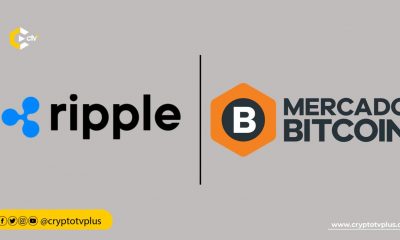

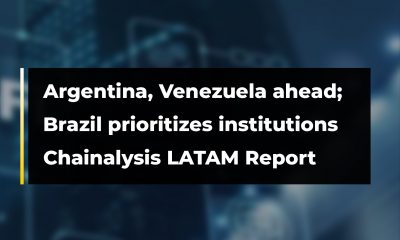

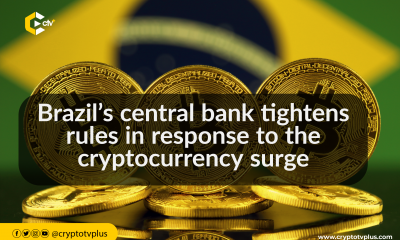

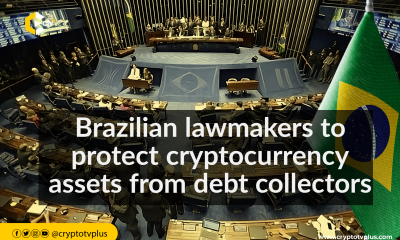













1 Comment